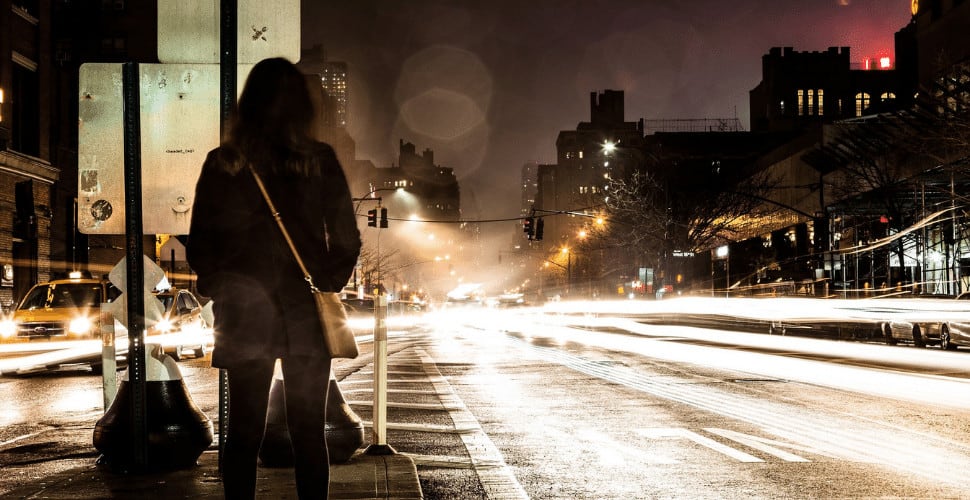Charities contracted by the U.K. government to provide support to potential victims of modern slavery have warned that the system “appears to be at breaking point.”
The first responder organizations lack the resources to meet the high demand and fear that people will be re-trafficked if they do not receive the support they need.
Overwhelmed and underfunded
Organizations contracted to investigate people’s circumstances for evidence of trafficking claim that the system is underfunded.
These investigations are for people who have been referred to the national referral mechanism (NRM), the framework through which victims of modern slavery are identified and supported. If charities lack resources to conduct these investigations, people will be unable to access support and could face further exploitation.
Kalayaan, a first responder organization that supports migrant domestic workers, said that referrals have increased since mid-December 2022 and overwhelmed the underfunded system.
Avril Sharp of Kalayaan told the Guardian:
We are deeply concerned that with every day that passes, slavery survivors who may have been trafficked or enslaved either across borders or internally within the UK, will be at real and immediate risk of being retrafficked again within the UK due to a failure to act swiftly and decisively by the UK government.
Temporary pause to support existing cases
The Salvation Army, another designated first responder, was recently forced to take the “unprecedented emergency measure” of halting the acceptance of new referrals for a short time.
The organizations’ director of anti-trafficking and modern slavery, Kathy Betteridge, said they took the decision so they could pay proper attention to the large number of new cases they were already dealing with.
“The fact that we had to take this unprecedented emergency measure shows how much strain the first responder system is under,” said Betteridge.
Overall weakening of protections
Charities’ concerns have emerged in the wake of the government tightening the rules for the modern slavery identification and support mechanism. The Home Office recently reduced the minimum recovery period for trafficking victims from 45 to 30 days and made it harder for victims to access support by requiring more evidence.
Peter Wieltschnig from Focus on Labour Exploitation is quoted in the Guardian:
The government is stripping back access to an already limited system. Even when survivors are able to access support and protection, for many there is no right to work, significant delays and extremely low grants of leave to remain. The NRM system in its current form is not meeting people’s needs. It’s prolonging the impact of trafficking. If victims continue to be shut out of the NRM their risk of retrafficking is also increased.
Freedom United echoes the concern of these charities and calls on the government to urgently address the major weaknesses in the system which are putting people at risk of further exploitation.







Freedom United is interested in hearing from our community and welcomes relevant, informed comments, advice, and insights that advance the conversation around our campaigns and advocacy. We value inclusivity and respect within our community. To be approved, your comments should be civil.